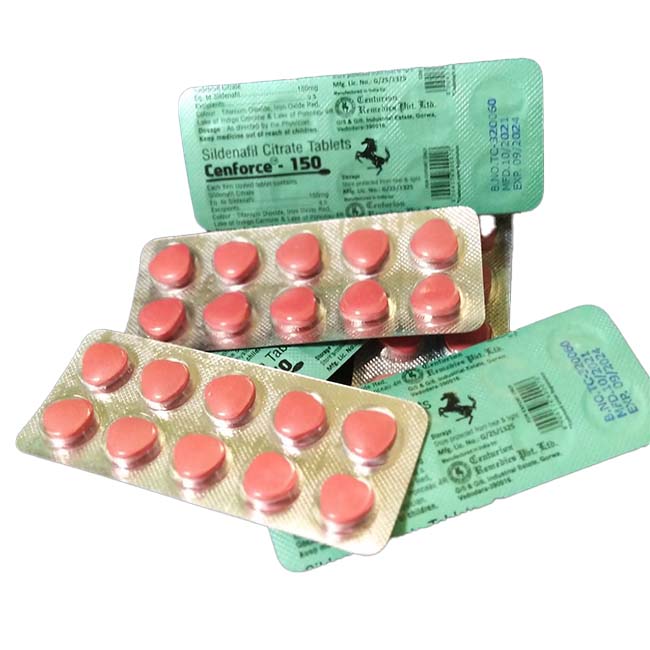In today’s fast-paced world, chronic inflammation has become a common health concern for many individuals. From joint pain to autoimmune disorders, chronic inflammation can manifest in various ways, affecting our overall well-being. The good news is that there are natural ways to reduce chronic inflammation and promote better health. In this comprehensive guide, we will explore seven easy steps to help you combat chronic inflammation naturally.
Understanding Chronic Inflammation
Before we dive into the strategies for reducing chronic inflammation, it’s essential to understand what it is and how it affects the body.
What Is Chronic Inflammation?
Chronic inflammation is a prolonged, low-grade inflammatory response in the body that can persist for months or even years. Unlike acute inflammation, which is the body’s natural response to injury or infection, chronic inflammation is often subtle and may go unnoticed.
The Dangers of Chronic Inflammation
Chronic inflammation has been linked to numerous health problems, including heart disease, diabetes, cancer, and neurodegenerative diseases. Understanding the risks associated with chronic inflammation is crucial for taking proactive steps to address it.

Step 1: Adopt an Anti-inflammatory Diet
The Role of Diet in Inflammation
Diet plays a significant role in either promoting or reducing inflammation in the body. By making informed food choices, you can help manage chronic inflammation effectively.
Foods to Include in Your Anti-Inflammatory Diet
- Omega-3 Fatty Acids: The benefits of fish, flaxseeds, and walnuts.
- Colorful Fruits and Vegetables: Harnessing the power of antioxidants.
- Whole Grains: Choosing complex carbohydrates for sustained energy.
- Herbs and Spices: Exploring the anti-inflammatory properties of turmeric, ginger, and more.
Foods to Avoid
- Sugar and Processed Foods: The hidden culprits of inflammation.
- Trans Fats: Understanding their impact on inflammation.
- Excessive Alcohol: The relationship between alcohol and inflammation.

Step 2: Maintain a Healthy Gut Microbiome
Gut Health and Inflammation
The gut microbiome plays a pivotal role in regulating inflammation throughout the body. Learn how to nurture a healthy gut for reduced inflammation.
Probiotics and Prebiotics
- Probiotic-Rich Foods: Incorporating yogurt, kefir, and fermented foods.
- Prebiotic Foods: Feeding the beneficial bacteria in your gut.
Avoiding Gut Irritants
- Gluten and Dairy: Assessing their impact on gut health.
- Artificial Sweeteners: The potential disruption to the microbiome.
Step 3: Regular Exercise and Physical Activity
The Exercise-Inflammation Connection
Physical activity has a profound impact on inflammation. Discover the right exercise regimen to keep chronic inflammation at bay.
Aerobic Exercise
- Benefits of cardio workouts in reducing inflammation.
- Duration and intensity considerations.
Strength Training
- Building muscle to support your joints and overall health.
- Safe and effective strength training techniques.

Step 4: Manage Stress Effectively
Stress and Inflammation
Chronic stress can fuel inflammation in the body. Explore stress management techniques to keep inflammation under control.
Mindfulness Meditation
- Practicing mindfulness for stress reduction.
- Incorporating meditation into your daily routine.
Yoga and Tai Chi
- Gentle exercises that promote relaxation and reduce inflammation.
Step 5: Prioritize Quality Sleep
The Healing Power of Sleep
Adequate and restorative sleep is essential for reducing chronic inflammation. Learn how to improve your sleep quality.
Sleep Hygiene
- Creating a sleep-conducive environment.
- Establishing a regular sleep schedule.
Melatonin and Supplements
- Exploring natural supplements to aid sleep.

Step 6: Stay Hydrated
Hydration and Inflammation
Dehydration can exacerbate inflammation. Discover the importance of staying properly hydrated.
Water vs. Sugary Beverages
- The link between sugary drinks and inflammation.
- Optimal daily water intake.
Step 7: Herbal Remedies and Supplements
Natural Supplements for Inflammation
Certain herbs and supplements have anti-inflammatory properties. Learn how to incorporate them into your daily routine.
Turmeric and Curcumin
- The potent anti-inflammatory effects of turmeric.
- Dosage and consumption recommendations.
Omega-3 Supplements
- Considerations for choosing the right omega-3 supplement.
- Combining omega-3s with a balanced diet.
Conclusion
Incorporating these seven easy steps into your lifestyle can significantly reduce chronic inflammation naturally. By adopting an anti-inflammatory diet, nurturing a healthy gut, staying active, managing stress, prioritizing sleep, staying hydrated, and considering herbal remedies and supplements, you can take control of your health and well-being.
Frequently Ask Questions:
1. What is chronic inflammation, and why is it harmful?
Chronic inflammation is a prolonged state of inflammation in the body, and it can lead to various health issues such as heart disease, diabetes, and cancer. It’s harmful because it puts constant stress on your organs and systems.
2. Can diet alone reduce chronic inflammation?
While diet plays a significant role, it’s most effective when combined with other lifestyle changes like exercise, stress management, and sleep improvement.
3. Are there any natural supplements that can help with inflammation?
Yes, some natural supplements like turmeric, omega-3 fatty acids, and ginger have anti-inflammatory properties and can be beneficial.
4. How much sleep do I need to reduce inflammation?
Getting 7-9 hours of quality sleep per night is recommended to help reduce inflammation.
5. Is stress management essential in reducing inflammation?
Absolutely. Chronic stress can trigger inflammation, so managing stress is a crucial aspect of inflammation reduction.
6. Can children also benefit from these inflammation-reducing strategies?
Yes, the strategies mentioned in this article can benefit individuals of all ages, including children.
7. Is it necessary to consult a healthcare professional before taking supplements for inflammation?
It’s advisable to consult a healthcare professional, especially if you have underlying health conditions or are taking medication.
8. How long does it take to see improvements in chronic inflammation?
The timeline for seeing improvements can vary from person to person, but consistent effort over time should yield positive results.
9. Can dehydration really contribute to inflammation?
Yes, chronic dehydration can lead to inflammation, as it affects the body’s ability to function optimally.
10. Are there any side effects to reducing chronic inflammation naturally?
Generally, the strategies discussed in this article are safe, but individual reactions may vary. It’s always a good idea to consult a healthcare professional if you have concerns.







